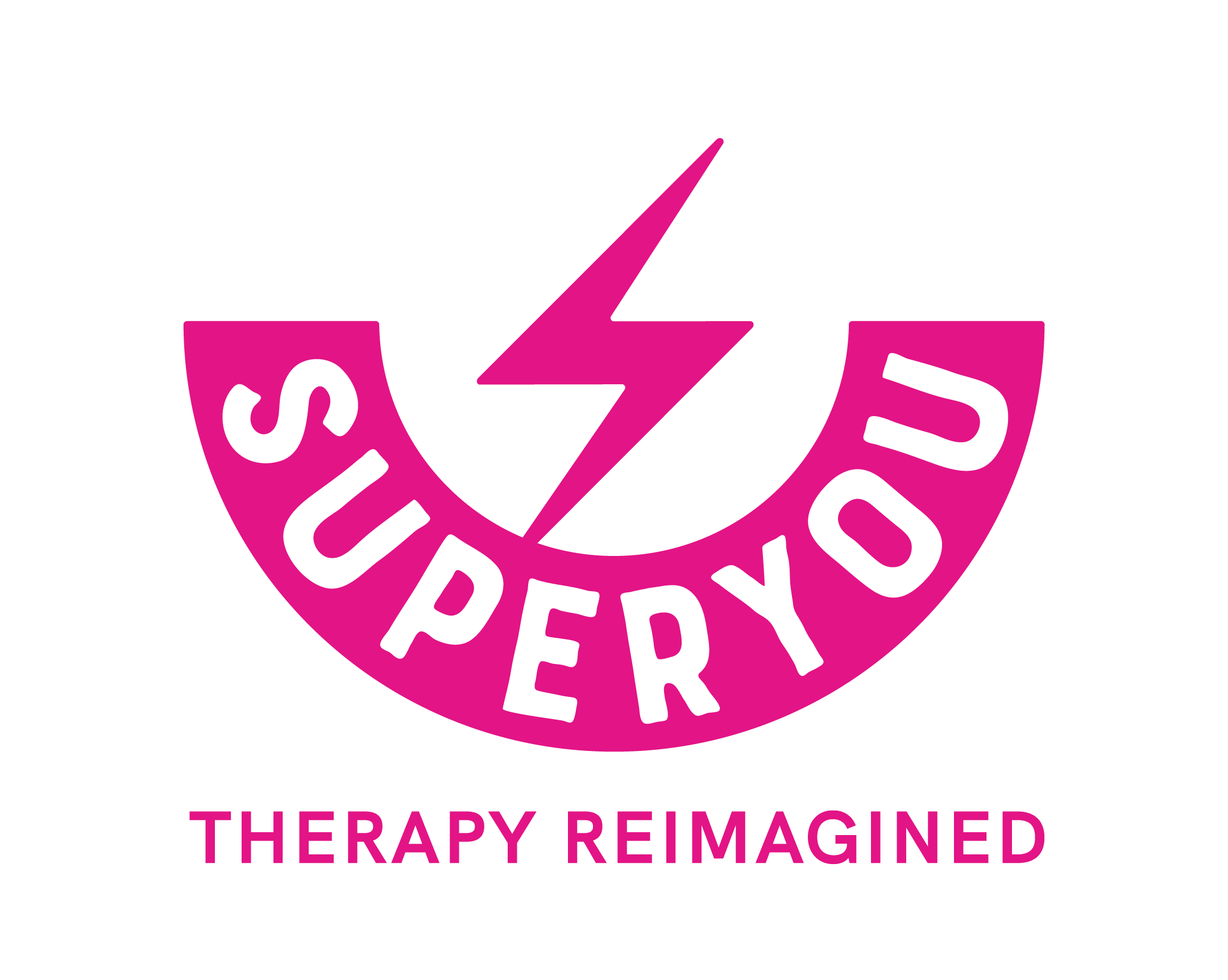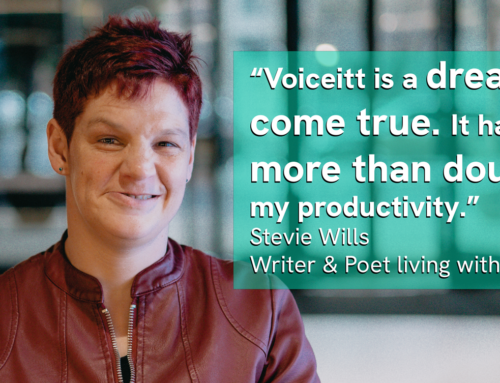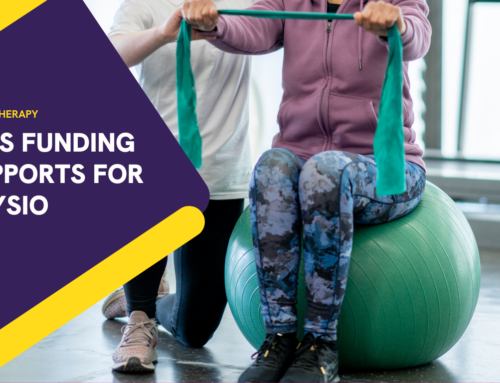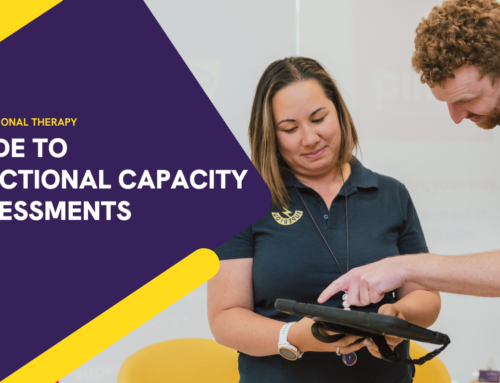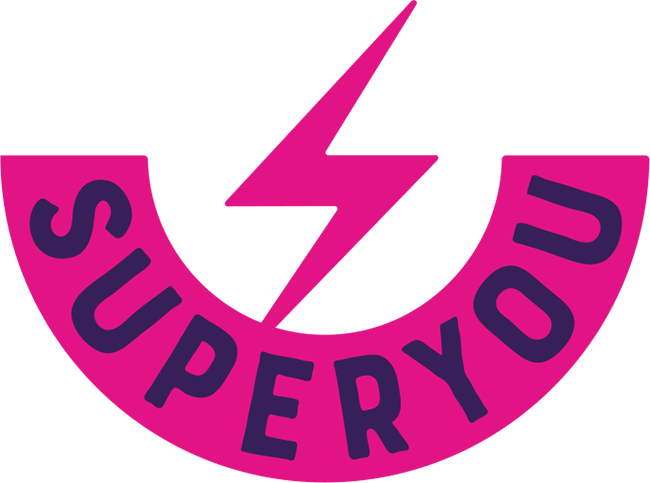
How can Complex Home Modifications change lives?
Everybody deserves a safe and comfortable home. Complex Home Modifications (CHMs) provide just that to people with disability, from minor home modifications like grab rails, to complex home modifications like moving walls to make bigger, more accessible rooms.
What are Complex Home Modifications?
Complex Home Modifications (CHMs) are changes made to a home or living space that help you live safer and more comfortably.
In reality, CHMs are so much more than just home modifications. They can be life-changing alterations supporting your independence and the enjoyment you receive from your space.
Types of Complex Home Modifications
There are two categories of CHMs; minor home modifications and complex home modifications.
- Minor home modifications cost less than $20,000, usually involve only 1-2 areas of your home, and don’t involve making any structural changes (so modifications where you don’t have to knock down or build a wall).
- Complex home modifications are, you guessed it, more complex! These modifications cost more than $20,000 OR involve structural changes, such as increasing the size of your kitchen by knocking down a wall.
The CHM process
A complex home modification process begins with an initial assessment made by an experienced Occupational Therapist (OT).
They’ll review your current living space and identify any areas that need to be improved to make it more accessible and safe in line with your current and future needs.
Your OT will then submit the assessment to the NDIA for review and approval!
What kind of Complex Home Modifications could I get for my home?
It depends! An OT will conduct a thorough assessment of your home, all the while getting to know you and understand your needs, so they can recommend the proper modifications (if required). Some of the complex home modifications a person might be recommended include:
- Structural changes to the bathroom to create a stepless or roll-in shower
- Complete layout change of your kitchen, which could include accessible bench heights, appliances, and more floor space
- Home automation (e.g. automated doors and lighting), to improve autonomy with environmental control
- Minor home modifications, such as installing grab rails or widening a doorway that isn’t part of the structural integrity of the home
Who can receive Complex Home Modifications?
NDIS participants can receive Complex Home Modifications within a capacity-building budget. But you don’t need NDIS funding, anyone with disability can receive CHMs. Some examples of who might benefit from home modifications include:
- People with spinal cord injuries could benefit from widening doorways or rooms to accommodate wheelchair access, or installing platform lifts for safe access throughout the home.
- People with Cerebral Palsy who use a wheelchair may benefit from a ceiling hoist in their bedroom to make transfers to and from their chair more efficient.
- People with sensory impairments, such as vision or hearing impairment, could benefit from minor home modifications to make their personal space more accessible and comfortable, such as installing specialised lighting.
- Autistic people might benefit from modifications to lighting or installing sound-proofing to create an environment suited to their sensory preferences.
- People with degenerative disease, such as ALS or muscular dystrophy, could benefit from complex home modifications such as installing ramps to make their home more accessible.
Reach out for guidance on complex home modifications
Your home should be a safe space, and Complex Home Modifications (CHMs) can help you achieve that. No referral is needed to book in to see our experienced OTs for a home assessment and discussion about what you are wanting modified in your home.
We’d love to be part of your journey of modifying your home just for you!
